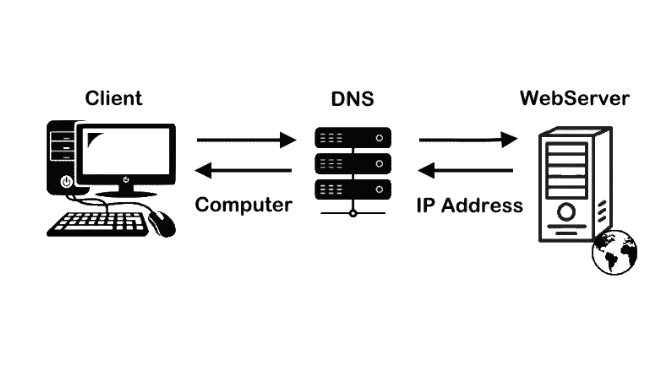
What Is DNS Lookup? A Complete Guide for Beginners
Created on 10 November, 2025 • Checker Tools • 80 views • 2 minutes read
DNS lookup is one of the most important processes behind how the internet works. Every time you visit a website, stream a video, or use an online app
What Is DNS Lookup? A Complete Guide for Beginners
DNS lookup is one of the most important processes behind how the internet works. Every time you visit a website, stream a video, or use an online app, DNS lookup plays a crucial role. But what exactly is DNS lookup, and why is it essential for browsing? This guide breaks down everything you need to know in simple, SEO-friendly terms.
Understanding DNS Lookup
DNS stands for Domain Name System, often described as the “phonebook of the internet.” Its main job is to convert human-friendly website names like google.com into machine-friendly IP addresses like 142.250.190.78. Without DNS, users would have to remember long IP numbers just to open a webpage.
How DNS Lookup Works
When you type a website URL into your browser, DNS lookup begins instantly. The system goes through several steps to find the correct IP address:
- Browser Cache Check – Your computer first checks if it already knows the IP from a previous visit.
- Operating System DNS Cache – If not found in the browser, your OS looks next.
- DNS Resolver (ISP) – Your internet provider searches for the record.
- Root DNS Server – If the resolver doesn’t know it, it checks the root level of the DNS system.
- TLD Name Server – This server manages top-level domains like .com, .org, or .net.
- Authoritative Name Server – The final server holds the actual IP address of the domain.
- IP Delivered to Browser – Your browser then connects to the website using the IP.
Types of DNS Lookups
1. Forward DNS Lookup
This is the most common type. It converts a domain name into an IP address.Example: typing facebook.com → DNS finds the IP.
2. Reverse DNS Lookup
This does the opposite. It converts an IP address back into a domain name. This is often used for:
- Email verification
- Security checks
- Server management
3. DNS Record Lookup
DNS data is stored in “records.” Common DNS records include:
- A Record: Maps a domain to an IPv4 address
- AAAA Record: Maps a domain to an IPv6 address
- CNAME: Alias for another domain
- MX Record: Email routing
- TXT Record: Security and verification
Why DNS Lookup Is Important
Ensures Fast Website Loading
Efficient DNS lookup helps websites load quickly. Slow DNS can delay browsing even if your internet speed is fast.
Improves Security
DNS helps filter harmful websites, supports email authentication, and prevents phishing attacks.
Keeps Browsing Simple
Users can type easy-to-remember names instead of long IP numbers.
Common DNS Issues and Troubleshooting
Slow DNS Response
Fix: Use faster DNS services like Cloudflare (1.1.1.1) or Google DNS (8.8.8.8).
DNS Server Not Responding
Fix: Restart your router, flush DNS cache, or change the DNS provider.
Incorrect DNS Records
Fix: Update DNS settings at your domain provider.
Conclusion: Why You Should Understand DNS Lookup
DNS lookup is the backbone of every online interaction. Understanding how it works helps you troubleshoot internet problems, improve browsing speed, and keep your digital activities secure. Whether you're a beginner, a student, or a website owner, knowing how DNS lookup functions gives you better control over your online experience.